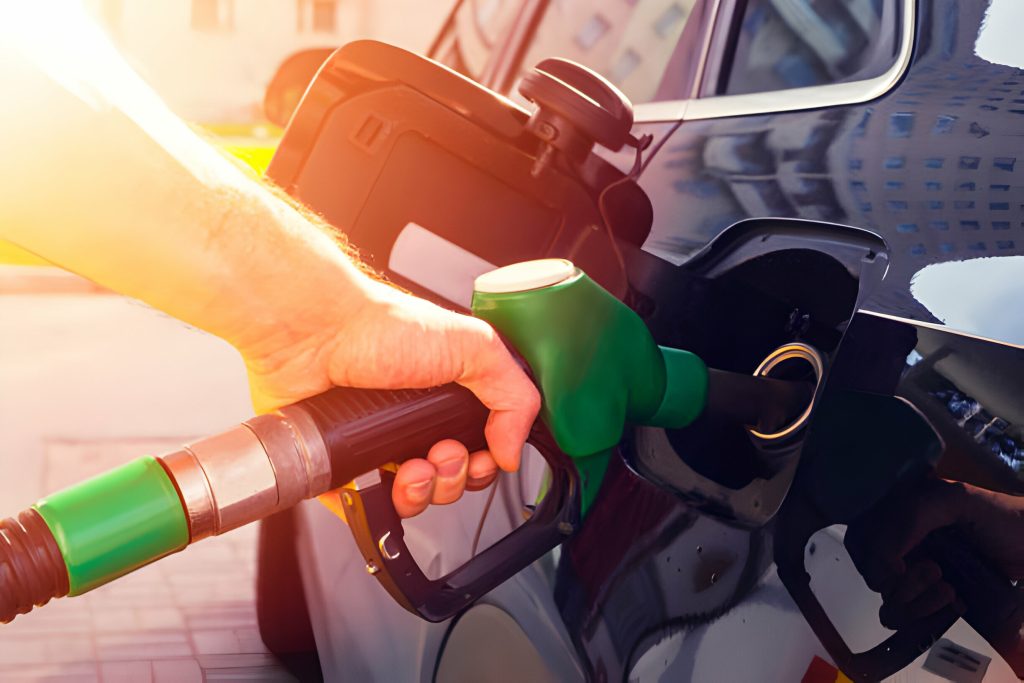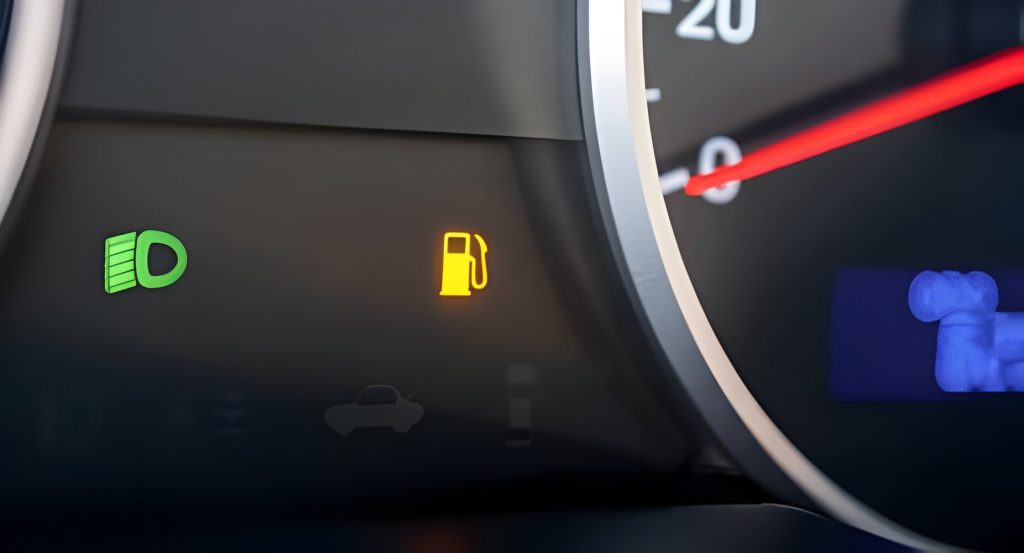Reducing fuel consumption in diesel vehicles not only reduces environmental impacts but also positively affects individual budgets. There are several effective methods to decrease fuel consumption. Firstly, driving techniques that drivers need to pay attention to are important. Practices such as smart acceleration and braking, as well as shifting gears at low RPMs, can increase fuel efficiency. Additionally, regular vehicle maintenance is also a key factor in reducing fuel consumption. Simple steps such as clean air filters, regular oil changes, and monitoring tire pressures ensure that the vehicle operates more efficiently. Furthermore, the use of smart technologies can also decrease fuel consumption. Features such as sensors that improve fuel efficiency, economical driving modes, and automatic engine shutdown features on vehicles can help optimize fuel consumption. Therefore, adopting a conscious approach to fuel consumption can make positive contributions to the environment and personal budgets.

Develop Your Driving Skills for Fuel Efficiency
Reducing fuel consumption reflects both an environmentally friendly approach and an important contribution to users’ budgets. Drivers need to review their driving habits and take specific measures to increase fuel efficiency.
- Avoid Quick Accelerations and Harsh Brakings: Quick accelerations and harsh brakings are significant factors that increase fuel consumption. The vehicle consumes more fuel during rapid acceleration and deceleration. Therefore, adopting a smoother and more controlled driving style can make the vehicle operate more efficiently.
- Maintain a Consistent Speed: Traveling at high speeds causes the vehicle to consume more fuel. The ideal travel speed is generally recommended to be between 80-90 km/h. By using cruise control systems, you can maintain a consistent speed and thereby reduce fuel consumption.
- Pay Attention to Gear Changes: Proper gear shifting is a significant way to reduce fuel consumption. Starting the vehicle at low RPMs and making smooth gear transitions enable the vehicle to operate more efficiently. Therefore, paying attention to gear changes can minimize fuel consumption.
The above measures can help drivers adopt a conscious approach to reducing fuel consumption. Following these tips is important for a more environmentally friendly and economical driving experience. This way, both environmental sensitivity is demonstrated and vehicle owners can maintain their budgets.
Maintaining Vehicle Care for Fuel Consumption
Reducing fuel consumption is closely related not only to changing drivers’ driving habits but also to regular vehicle maintenance. Vehicle owners can take effective steps to reduce fuel consumption and improve the performance of their vehicles by taking the following measures:
- Do Not Neglect Engine Oil Changes: Regularly changing the engine oil increases engine performance and reduces fuel consumption. Engine oil reduces friction inside the engine, allowing it to operate more efficiently. Therefore, timely and correct viscosity engine oil changes are important.
- Clean and Replace the Air Filter: A clean and properly functioning air filter provides clean air intake to the engine and reduces fuel consumption. The air filter helps the engine operate more efficiently, thus reducing fuel consumption. Regularly cleaning and replacing the air filter increases the fuel efficiency of the vehicle.
- Check Tire Pressure: Correct tire pressure significantly affects fuel consumption. Low tire pressure can cause increased rolling resistance and therefore more fuel consumption. Therefore, vehicle owners should regularly check tire pressure and adjust it to the manufacturer’s recommendations.
- Engine and Fuel System Maintenance: Engine and fuel system maintenance constitute an important aspect of reducing fuel consumption. Over time, dirt and deposits can accumulate in the engine and fuel system, which can increase fuel consumption. Regular cleaning of fuel injectors and the engine ensures more efficient operation, thus reducing fuel consumption.
The above measures contribute significantly to vehicle owners’ efforts to reduce fuel consumption. Along with regular vehicle maintenance, reviewing driving habits and efforts to increase fuel efficiency can reduce the environmental impact of vehicles while also making positive contributions to individual budgets. Therefore, adopting a conscious approach to reducing fuel consumption is important.

Reducing Consumption with Next-Generation Vehicles
The opportunities offered by technology are crucial in reducing fuel consumption. Smart technologies can be an effective tool for optimizing fuel consumption in diesel vehicles, allowing drivers to experience a more environmentally friendly and economical driving experience.
- Fuel-Efficient Driving Modes: Some vehicles offer specially designed fuel-efficient driving modes. These modes optimize engine performance to help reduce fuel consumption. By using these modes, drivers can achieve more efficient driving.
- Start-Stop System: The start-stop system automatically shuts off the engine when the vehicle is stationary and restarts it when it moves again. This system provides significant fuel savings during stop-and-go movements at traffic lights or in traffic congestion by preventing the engine from running unnecessarily, thus reducing fuel consumption and emissions.
- Energy Regeneration: Energy regeneration systems convert kinetic energy generated during braking or deceleration into electrical energy to charge the battery. This reduces the vehicle’s energy consumption and provides fuel savings. Especially during city driving with frequent braking, energy regeneration systems can significantly contribute to fuel savings.
The smart technologies mentioned above provide significant support to drivers in reducing fuel consumption. Diesel vehicle owners can experience a more environmentally conscious driving experience by effectively utilizing these technologies. Additionally, individual budgets are also preserved thanks to smart technologies. Therefore, the use of fuel-efficient technologies is crucial both environmentally and economically.

